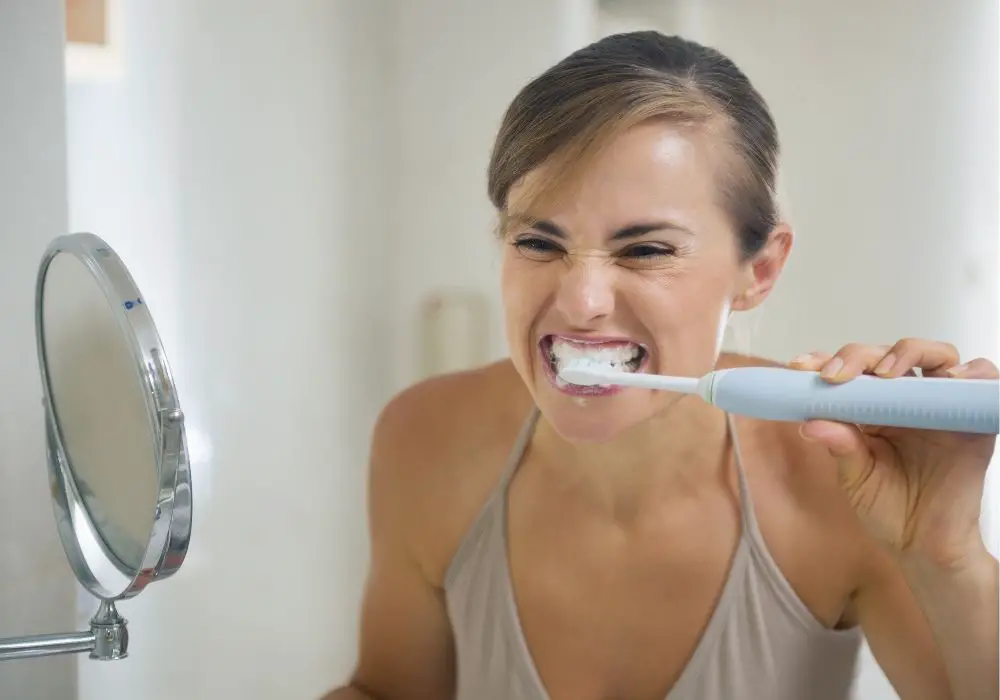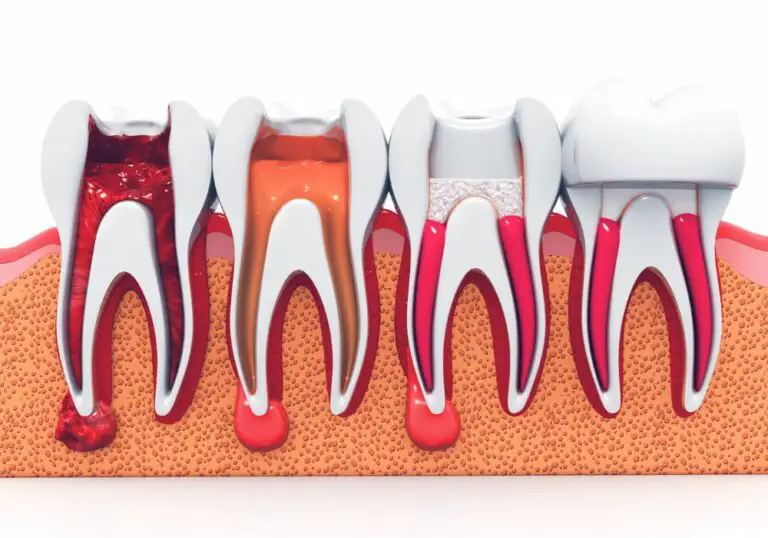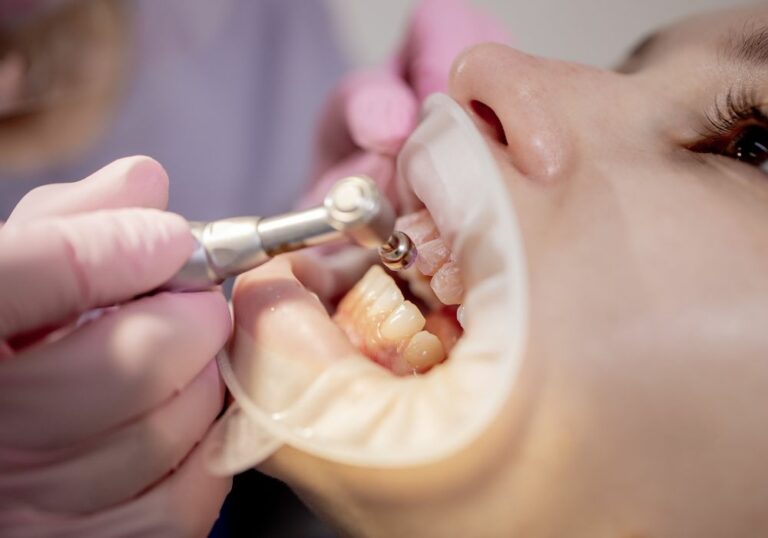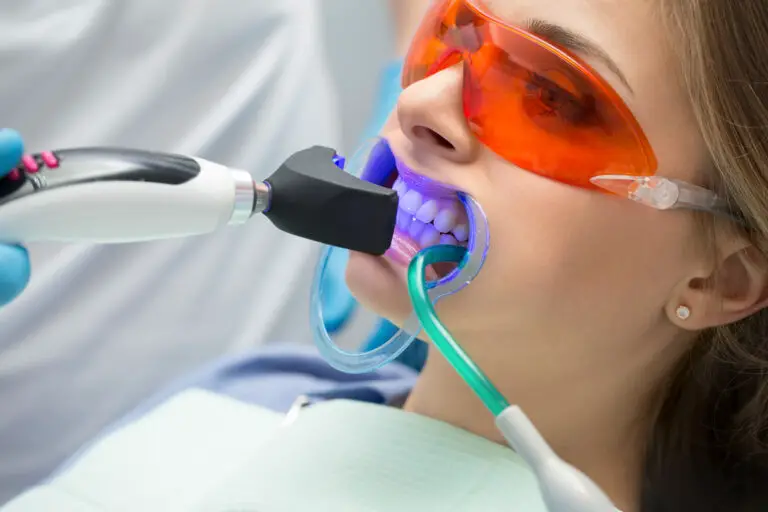Waking up with a feeling of unclean teeth is an incredibly common complaint that affects millions of people. Even after a thorough brushing routine the night before, many people still wake up with a fuzzy feeling on their teeth, noticeable plaque buildup, bad breath, and an overall sensation that their mouth did not feel as clean as when they went to bed. This can be annoying and frustrating to deal with day after day.
There are a wide range of reasons why your teeth may not feel fresh, clean, and minty when you wake up in the mornings. By understanding the science behind morning breath and how plaque accumulates overnight, you can take steps to wake up with a cleaner, healthier-feeling mouth.
Examining the Science Behind Morning Breath

The main driver behind unclean teeth in the morning is the bacteria that live in your mouth. Your mouth is home to over 700 different species of bacteria, both good and bad. Some bacteria are beneficial, while others contribute to cavities, gum disease, and bad breath.
These harmful bacteria accumulate on your teeth in a sticky, colorless film called plaque. Plaque buildup is perfectly normal, as bacteria are constantly forming plaque every minute of the day. Brushing and flossing remove a lot of this plaque, but any that is left over is free to continue multiplying and spreading while you sleep.
After sleeping 6-8 hours without brushing, the plaque has time to really build up and colonize, feeding on any food debris and sugars in your mouth. The plaque bacteria break these substances down for nutrients, releasing volatile sulfur compounds that produce bad breath as a byproduct.
Plaque buildup is worsened at night because saliva flow significantly decreases during sleep. Saliva helps wash away bacteria and neutralize acid, so less saliva means more plaque accumulation and bacterial activity.
Plaque Causes Irritation and Tooth Decay
The plaque that builds up overnight not only causes bad breath, but also irritates the gums and damages tooth enamel. Plaque accumulates both above and below the gumline, where it causes gum inflammation known as gingivitis. Plaque below the gums is the top cause of gingivitis and periodontal disease.
The acids released by plaque bacteria also begin demineralizing and decaying tooth enamel in the early stages of cavity formation. This initial damage often can’t be seen with the naked eye, but over time leads to tooth decay.
Bacteria Population Booms Overnight
While you sleep, the population of bacteria in your mouth booms thanks to the abundant supply of saliva proteins and food debris for them to metabolize. Harmful strains of bacteria like Streptococcus mutans thrive overnight, fermenting carbohydrates and producing enamel-eating acid.
Anaerobic bacteria that grow in the absence of oxygen are able to multiply as well in the stagnant overnight oral environment. These bacteria produce foul sulfur gases that concentrate inside the mouth, causing really bad morning breath.
Reasons Teeth May Not Feel Clean
There are a number of reasons why plaque is able to build up overnight and bacteria are able to produce bad breath, leaving you with an unclean feeling in the morning.
Inadequate Brushing at Night
If you don’t brush long enough or with proper technique before bed, plaque and bacteria will remain on your teeth rather than being brushed away. This provides a bigger base for the bacteria to multiply and colonize overnight. Using a worn-out toothbrush also inhibits your ability to thoroughly brush plaque off.
Not paying enough attention to brushing along the gumline is another common mistake. Plaque especially loves collecting in this area, both above and below the gums.
Forgetting to Floss Before Bed
Flossing is crucial for removing plaque and food particles from between teeth and just below the gums. If you neglect to floss before bed, plaque flourishes in these areas overnight. The spaces between teeth have tiny crevices that easily collect and hide plaque.
Consuming Sugary Foods Before Bed
Eating or drinking carbohydrate-rich and sugary foods right before bed literally feeds the plaque bacteria and enables them to multiply faster as you sleep. Sugars are the favorite food source for bacteria like Streptococcus mutans that produce enamel-damaging acid.
Dry Mouth Overnight
Saliva keeps your mouth clean by neutralizing acids and washing away food and bacteria. Snoring, breathing through your mouth, certain medications, and some medical conditions can all cause dry mouth at night. Insufficient saliva allows more bacterial overgrowth and bacterial metabolic byproducts like sulfur gases to concentrate.
Other Contributing Factors
Gingivitis or gum disease provides even more friendly hiding spots for plaque bacteria. Cavities also harbor bacteria. Sleeping with your mouth open or talking medications that cause dry mouth promote bacterial growth. General lack of good oral hygiene habits enables plaque buildup day and night.
Solutions for Cleaner Feeling Mornings

If you regularly wake up with dirty-feeling teeth and bad breath, try these evidence-based tips for cleaner mornings:
Brush Properly at Night
Take the time to brush thoroughly on all surfaces before bed, angling the brush under the gumline and brushing for a full 2 minutes. Use a soft-bristled toothbrush and replace it every 3-4 months. An electric toothbrush can also help remove more plaque.
Don’t Neglect Flossing
Floss gently between each tooth at night to dislodge plaque and food particles that brushing misses. Flossing takes just 1-2 minutes but makes a big difference in morning mouth feel.
Use Antibacterial Rinses
Swishing with an antibacterial mouthwash before bed kills some of the harmful bacteria that cause plaque, gingivitis, and malodor. This helps freshen breath and slow bacterial regrowth overnight.
Drink Water Before Bed
Having a glass of water washes away some food debris and also stimulates saliva flow to help cleanse the mouth before sleep. Aim to stay hydrated in general for better saliva production.
Consider Oil Pulling
Swishing coconut or sesame oil around your mouth for 10-20 minutes before bed may help extract toxins and reduce bacteria. More research is still needed, but oil pulling is low risk and cost.
Improve Habits Overall
Better oral hygiene during the day, drinking less sugary beverages, and limiting constant snacking gives bacteria less opportunities to produce high levels of plaque and acid. See your dentist for cleanings every 6 months.
Ask About Medications
If dry mouth is an issue, talk to your doctor to see if medications could be adjusted or switched. There are also prescription medications to help stimulate saliva flow.
Seek Treatment for Health Issues
Snoring, sleep apnea, and mouth breathing all night dries the mouth and disrupts sleep. Get evaluated by your doctor for solutions. Treating gum disease reduces plaque-friendly inflammation.
When to See Your Dentist

If making the above changes still doesn’t lead to cleaner mornings, make an appointment to see your dentist. They can identify any underlying problems and develop a more tailored treatment plan. Signs it’s time for a dental visit include:
- Extreme morning breath that doesn’t resolve with brushing
- Significant plaque buildup just hours after brushing
- Visible tartar buildup
- Increased risk for cavities and decay
- Gums that bleed easily or are pulling back
- Persistent gum pain or sensitivity
Don’t hesitate to get checked out if your mouth never feels clean. The dentist has many tools to deep clean, assess bacteria levels, fill cavities, and create a better oral hygiene regimen for cleaner, healthier teeth.
Conclusion
Waking up with a just-brushed feeling is possible by understanding the science of oral bacteria. Plaque bacteria explode in growth overnight, releasing acids and gases that make your mouth feel unclean. Combat this by thoroughly brushing and flossing at night, avoiding sugary pre-bedtime snacks, using antibacterial rinses, drinking water before bed, and getting frequent dental cleanings and checkups. Addressing any underlying risk factors improves morning mouth feel and oral health overall.







